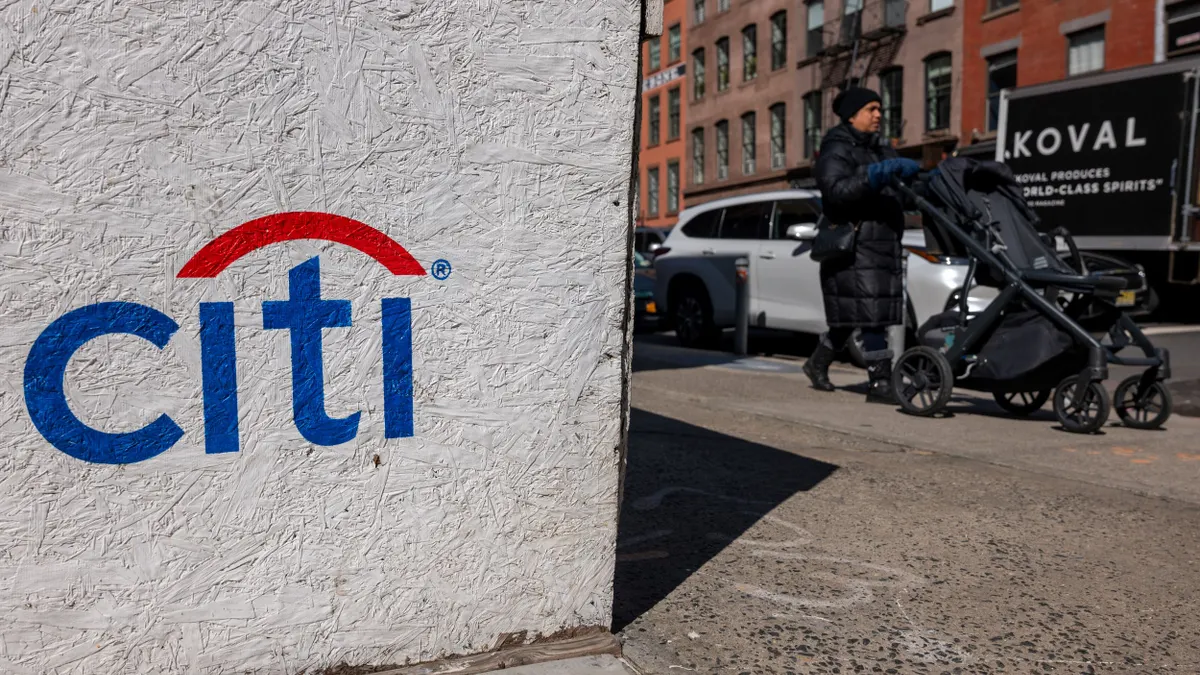The Federal Deposit Insurance Corp.’s acting chair, Martin Gruenberg, faced harsh criticism Wednesday from Senate Banking Committee Republicans during a hearing on his nomination to become the agency’s permanent chief.
"I'm actually kind of angry that you, Mr. Gruenberg, forced the resignation of your predecessor as FDIC chair, a first-generation American immigrant who was a woman," said Sen. Cynthia Lummis, R-WY, according to Law360. She noted that Gruenberg's appointment goes against the White House's diversity effort.
"Many qualified candidates have been passed over by this administration for other roles because they are not sufficiently diverse. So why you?" Lummis asked.
Gruenberg served as the FDIC’s chair from 2012 to 2018, and has been on the regulator’s board since 2005.
But he has taken flak for his role in what Republican lawmakers have alternately called a “power grab” and a “failed, publicity-seeking attempted coup.”
Gruenberg and Consumer Financial Protection Bureau (CFPB) Director Rohit Chopra — also a member of the FDIC’s board — published (on the CFPB website) a review of bank merger policies last December without the approval of the FDIC’s then-chair, Jelena McWilliams, a Republican.
"It's a little over my paygrade, senator," Gruenberg told Lummis on Wednesday. "All I can say is I've served at the FDIC. I believe deeply in its mission. I've tried to serve it well. I think I have the capability to continue to provide leadership, and it's a very important agency."
McWilliams ultimately resigned Dec. 31 but before doing so, she argued that only the chair controls the FDIC board’s agenda. Gruenberg and Chopra said a majority of directors also possesses that right. Michael Hsu, acting head of the Office of the Comptroller of the Currency (OCC) also serves on the FDIC board, giving Democrats a majority on the five-slot body.
Lummis wasn’t the only lawmaker to cite the incident at Wednesday’s hearing. "This comes down to leadership," said Sen. Thom Tillis, R-NC. "You can't unring that bell, so I have great concerns about how the FDIC will operate in the future."
At least one Democrat — Sen. Elizabeth Warren of Massachusetts — defended Gruenberg’s actions during last December’s FDIC power struggle.
"The former FDIC chair broke the law when she blocked a vote to help hold big banks accountable, and she got caught and she resigned," Warren said, noting that the Justice Department this summer found that the FDIC chair "does not have the authority to prevent a majority of the board" from putting forward proposals and voting on them.
Republicans, meanwhile, unearthed Gruenberg's involvement with Operation Choke Point, an Obama-era initiative that recommended banks cut ties with businesses, such as payday lenders and gun dealers, deemed risky.
Sen. Steve Daines, R-MT, asked Gruenberg to pledge to forbid FDIC staff from "criticizing, discouraging or prohibiting banks from lending or doing business with any industries or customers that are operating" lawfully.
Crypto and climate were hot topics, too. Sen. Bill Hagerty, R-TN, expressed concern that the FDIC's spring guidance instructing banks to check with the agency before launching crypto products and services would prompt the FDIC to demand a similar heads-up from banks regarding "other industries that this administration may be ideologically opposed to."
Gruenberg brushed aside any such plans. "These are generally new activities, both for the institutions and, frankly, for us as a regulator to understand," he said.
Banks would be worse off if the agency and other regulators had not monitored the relationship between traditional banks and the digital asset industry, Gruenberg added.
Gruenberg wasn’t the only FDIC nominee at the hearing Wednesday. Senators also questioned Travis Hill and Jonathan McKernan, two Republicans Biden nominated to fill seats on the regulator's five-member board. Hill will serve as the FDIC’s vice chair if confirmed.
McKernan told lawmakers if he is confirmed, he will focus on conducting crypto activities of the FDIC-supervised banks safely and securely while complying with all the applicable laws.
Hill, meanwhile, expressed his reservations about digital assets.
"Most engagement with crypto today has been speculative investments," Hill said. "There's a big difference between a bank providing custody services for crypto-related activity versus a bank using its balance sheet to engage in speculative investments.
“But I think generally the responsibility of the FDIC and the other banking agencies is to ensure that, to the extent activities are legally permissible, they're done in a safe and sound way," Hill said.






















